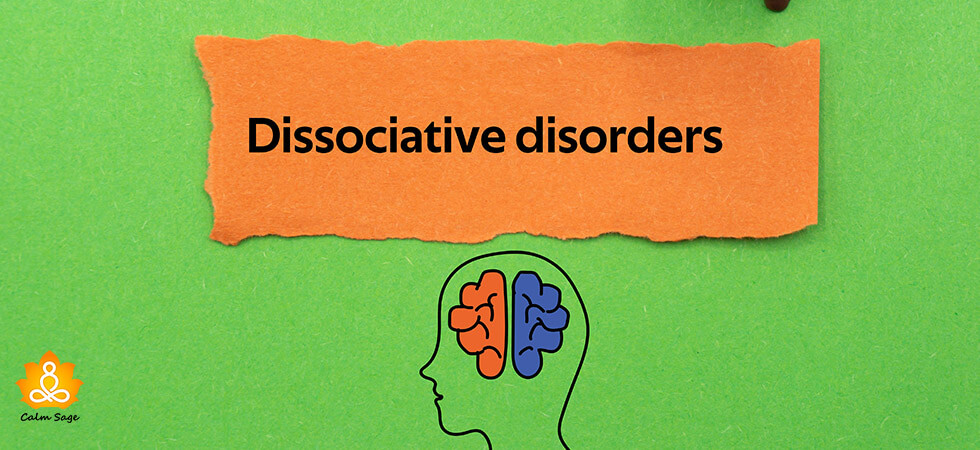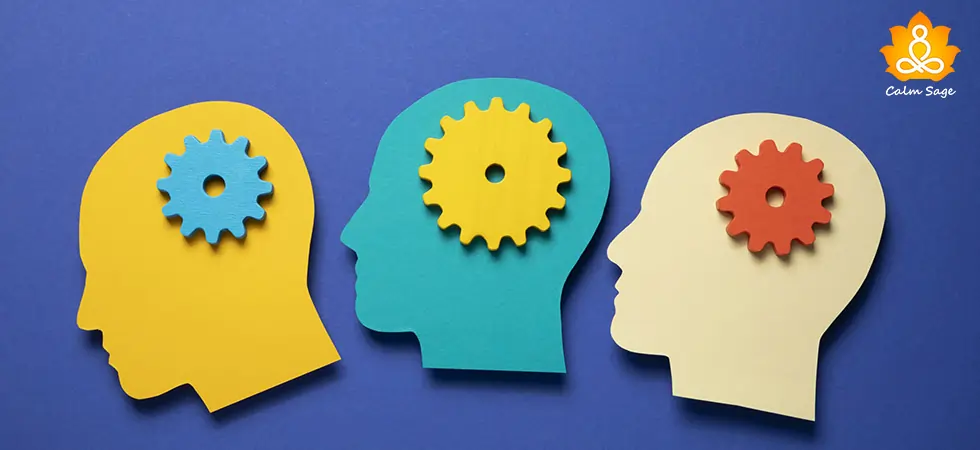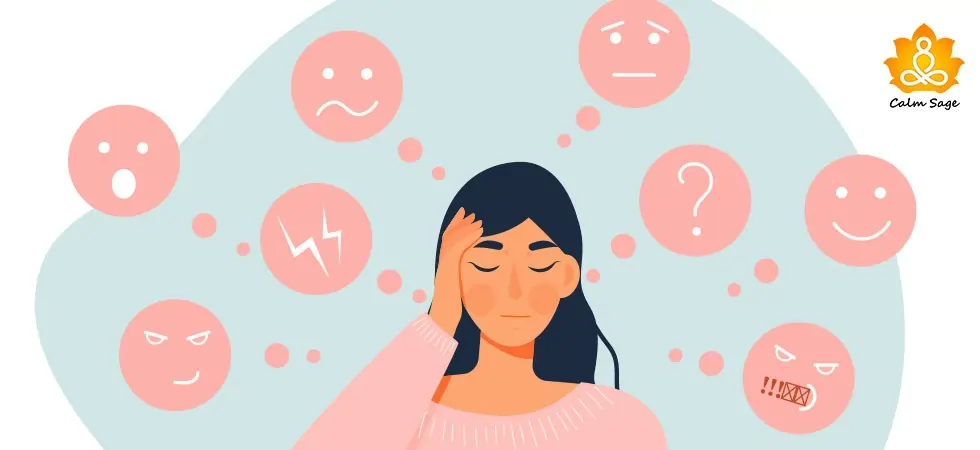What Are Dissociative Disorders? and Its Types

We all have some sense of self, we are attached to reality. Imagine losing all of it together, no connection between you and your thoughts, feelings, emotions, self, external world, etc. Sounds weird and scary?
Well, this is how an individual with dissociative disorder feels. In most cases of dissociative disorder, one loses touch with reality altogether. Their minds construct such disruption in all parts of the brain that nothing connects to the other.
Have you ever zoned out? Do you remember how that felt? That is exactly how people with dissociative disorders feel most of the time. Such people struggle with their daily life activities because their dissociation reoccurs frequently.
Today we will explore the different types of dissociative disorders. But first, let’s quickly look at what dissociative disorders are…
What Are Dissociative Disorders?
Dissociative disorders are psychiatric conditions that are characterized by dysfunctional memory, perception, and behavior. Along with that dissociative disorders also include problems with identity, reality, and sense of self.
Dissociative disorders are said to disturb each part of your mental processing. This makes it hard for you to make sense of things and events that are occurring in your life. It is all because dissociative disorders make you disconnect with your thoughts and emotions.
The most common feeling that people with dissociative disorders claim to have is that they feel like they are out of their bodies. They feel like they and their bodies are separate. Some mild types of dissociation we all experience, for example, zoning out, daydreaming, being confused about what is happening around us, etc.
Different Types Of Dissociative Disorders
Dissociative disorders hit different people differently. Therefore, dissociative disorders were divided into 3 main categories. Let’s have a look at them.
1. Dissociative Personality Disorder
Dissociative personality disorder was initially known as multiple personality disorder. It can be characterized by the experience of having more than one personality or identity. It is marked by the shift a person experiences with ultimately shifts that person’s thoughts, memories, emotions, actions, body language, etc. according to the other identity that their brain has created.
These shifts can create a disconnection between you and what’s happening around you. This can cause confusion and difficulty in understanding yourself. Your routine life is also affected since your shifts make it difficult for you to correlate with things you do and why you do them.
2. Depersonalization & Derealization Disorder
When an individual develops depersonalization disorder, there is a disconnect with his self. Depersonalization disorder is a type of dissociative disorder that makes you feel like you don’t know who you are. Your feelings, thoughts, emotions, etc. feel unfamiliar, in fact, your image in the mirror also seems unknown to you. This causes intense confusion and fear resulting in feelings of anxiety, stress, and panic.
Derealization disorder on the other hand is very similar to depersonalization disorder and many people can experience both together. In derealization, the dissociation is with the people around you, the places you visit, etc.
Your surroundings and environment feel unrealistic and hazy as if you’re watching it in a movie. Both depersonalization and derealization can occur individually or together, causing extreme discomfort, confusion, and stress to the person experiencing these types of dissociative disorders.
3. Dissociative Amnesia Disorder
This type of dissociative disorder is marked by the loss of memory. An individual who experiences dissociative amnesia disorder completely erases some memories or some places, people, or their self.
Since most dissociative disorders are caused by some traumatic experience, memory loss is your brain’s way to protect yourself from the painful memories of the past.
Dissociative amnesia can be further divided into 3 types;
- Localized dissociative amnesia: forgetting places, events, or periods
- Selective dissociative amnesia: forgetting details about some events that occurred in a selective period
- Generalized: complete loss of memory about self and past
That’s All Folks!
The main cause of dissociative disorders can be a traumatic event witnessed or experienced by someone. The troubling feelings, memories, and flashbacks can be painful. Dissociative disorders are maladaptive ways to protect yourself from revisiting that pain.
That’s all about the different types of dissociative disorders. I hope you found this blog interesting, informative, and helpful. Do share this with your friends and family so that all the types of dissociative disorders are well understood.
Thanks for reading.
Take care and stay safe.




















